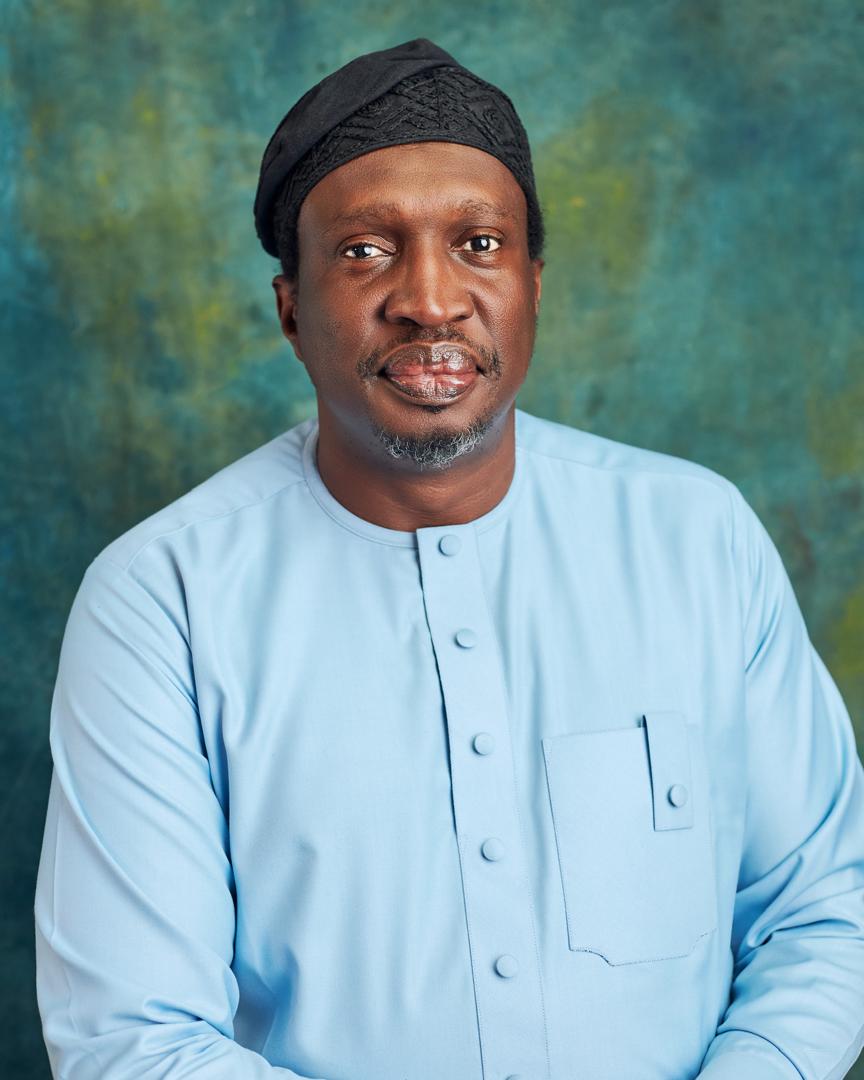By Peter Amine
Mr Ishaya Inuwa Durkwa, Executive Director for The International Organisation for Peace Building and Social Justice (PSJ), recent outcry over the closure of schools in some northern Nigerian states for the observance of Ramadan should not be seen as the biggest concern.
Inuwa, in a statement made available to newsmen on Wednesday in Makurdi, said that people were not worried about the poor state of schools, archaic curriculums, examination malpractices and sex for marks, among other disturbing issues.
The executive director asked why they were not screaming about the deeper issues.
“Many voices, loud and passionate, have risen to condemn the decision. The argument should be that education should be a priority, and school closures set us back.
“But I can’t help but wonder: are these voices truly concerned about the state of education in Nigeria? Or is there something else at play?Let’s take a moment to reflect.
“Where was this same outrage when public schools remained in shambles, with leaking roofs, broken desks, and overcrowded classrooms?
“Where were they when our curriculums failed to evolve, producing graduates who struggle to compete in a modern economy?
“Where was this outrage when exam malpractice became so normalised that students no longer fear failure? Teachers and lecturers extorted students for grades, sex, and financial favours?”
He further asked, where were the people when ASUU strikes kept students at home for months—sometimes years—without any decisive action to fix the root causes?
According to him, if the people truly cared about education, why are we not screaming about these deeper issues? Why are the people not protesting against corruption, failed institutions, or the dire state of our economy?
He asked why the people remained silent when roads turn into death traps, when insecurity steals lives daily, and when our young people graduate only to face a bleak future of unemployment and underemployment?
“I suspect the real anger over school closures isn’t about education at all. It is about perception—about the feeling that one religion is asserting dominance over others.
“It is about suspicion that this decision is not just about Ramadan but about power and control. In other words, this outrage is not driven by a genuine concern for children’s education but by deeper fears of religious superiority and marginalisation.
“And yet, while we argue over this, the real enemies of progress—the political elite, the corrupt officials, the greedy businessmen, and even some religious leaders—continue to enrich themselves at our expense.
“They build their own schools abroad, send their children there, and leave ours in institutions that are falling apart.
“They live in comfort while we struggle with multiple taxation, rising data costs, expensive healthcare, and unaffordable food prices. But instead of uniting to demand better governance, we tear each other apart over a few weeks of school closure,” he said.
Durkwa urged the people to collectively fight for a better economy, stable electricity, clean water, and good roads and focused on holding leaders accountable instead of exhausting their strengths on religious and ethnic suspicions.
The executive director stated that Nigeria’s problem is not Ramadan, and it is not Christianity or Islam but bad leadership, misplaced priorities, and failure to unite for real change.
“Until we fix that, we will keep majoring in the minors—fighting the wrong battles while the real culprits laugh their way to the bank,” he charged.





